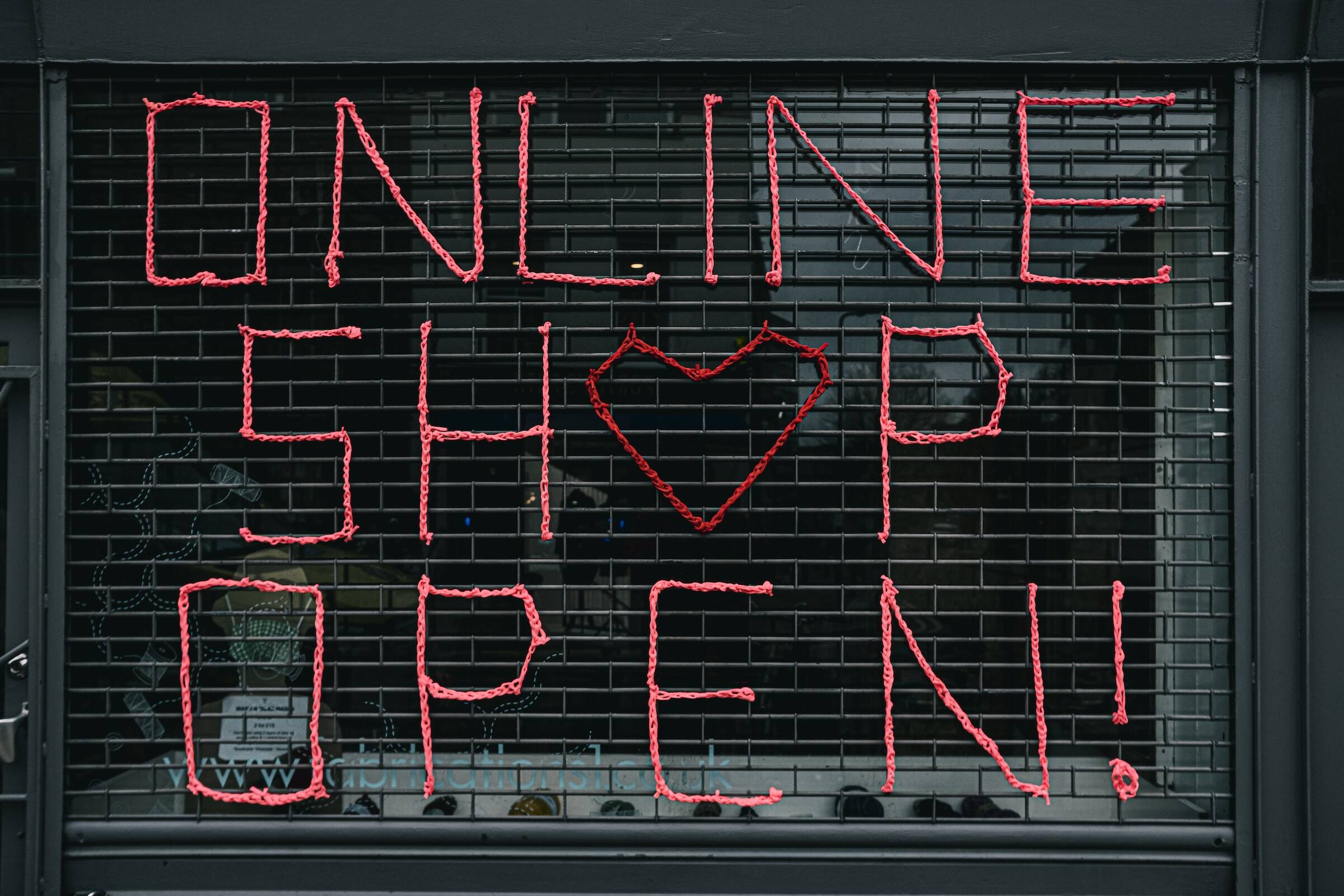Online side hustlers to feel HMRC's wrath?
HMRC will soon start to receive information about the money people make on online selling platforms such as TikTok and Etsy. This has led to panic about a new “side hustle” tax. Who will be affected?

Despite the sensational headlines, no new taxes have been introduced. In fact, it's always been the case that if you are trading, i.e. attempting to make a profit, you may be subject to income tax and NI on those profits. Where profits exceed £1,000, you are required to report the income and expenses to HMRC, via a self-assessment tax return, even if there is no tax to pay. For example, this could be the case if profits are below the personal allowance of £12,570 per annum. For those where the online selling is a secondary income source, the £1,000 de minimis still applies, i.e. if you have earnings from your main job that exceed the personal allowance, you can earn up to £1,000 as a self-employed individual tax free.
If you are using online selling sites, it's important to recognise whether you are trading or not. A quick rule of thumb would be that if you are making a profit, you are likely to be trading. For example, if you are importing goods from China and listing them on Amazon at a higher price, this is clearly a trade and profits exceeding £1,000 are taxable. Likewise, if you are making goods, such as candles, and selling them on Etsy, you are trading. Whereas, if you are selling unwanted gifts, and your second-hand clothes/toys/furniture etc., you are unlikely to be trading and unlikely to be making a profit.
Related Topics
-
HMRC bungles 2026/27 PAYE codes for pensioners
For some pensioners, the 2025/26 winter fuel payment should be collected via their 2026/27 PAYE code. HMRC has started to issue PAYE codes for the new tax year, but the extra charge is missing. What's going on?
-
Are you including too much income in your calculations?
Your business is partly exempt and you claim input tax on your mixed costs and general overheads by using the standard method based on turnover splits. What income should you exclude from the calculations?
-
Electronic VAT return





 This website uses both its own and third-party cookies to analyze our services and navigation on our website in order to improve its contents (analytical purposes: measure visits and sources of web traffic). The legal basis is the consent of the user, except in the case of basic cookies, which are essential to navigate this website.
This website uses both its own and third-party cookies to analyze our services and navigation on our website in order to improve its contents (analytical purposes: measure visits and sources of web traffic). The legal basis is the consent of the user, except in the case of basic cookies, which are essential to navigate this website.